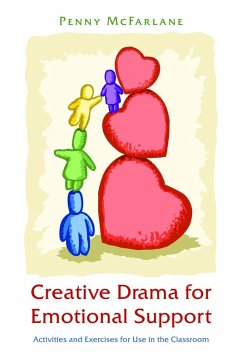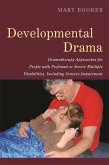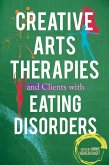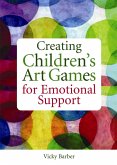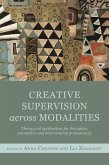Using drama in the classroom is an effective way of supporting a child's social and emotional development. This book offers a wide variety of drama activities designed to provide children with a creative outlet to overcome emotional and behavioural problems.
Exploring the various challenges children can face at home such as parental separation, divorce and bereavement, this book explains how they can manifest in a child's behaviour at school. It describes how drama can provide appropriate avenues for confronting and dealing with these issues and suggests a wealth of captivating and practical drama-based games and exercises that will support the child's needs and promote growth.
This clear and accessible book will be an invaluable resource for teachers, teaching assistants, youth and social workers, counsellors, arts therapists and educational psychologists.
Exploring the various challenges children can face at home such as parental separation, divorce and bereavement, this book explains how they can manifest in a child's behaviour at school. It describes how drama can provide appropriate avenues for confronting and dealing with these issues and suggests a wealth of captivating and practical drama-based games and exercises that will support the child's needs and promote growth.
This clear and accessible book will be an invaluable resource for teachers, teaching assistants, youth and social workers, counsellors, arts therapists and educational psychologists.
Dieser Download kann aus rechtlichen Gründen nur mit Rechnungsadresse in A, D ausgeliefert werden.

